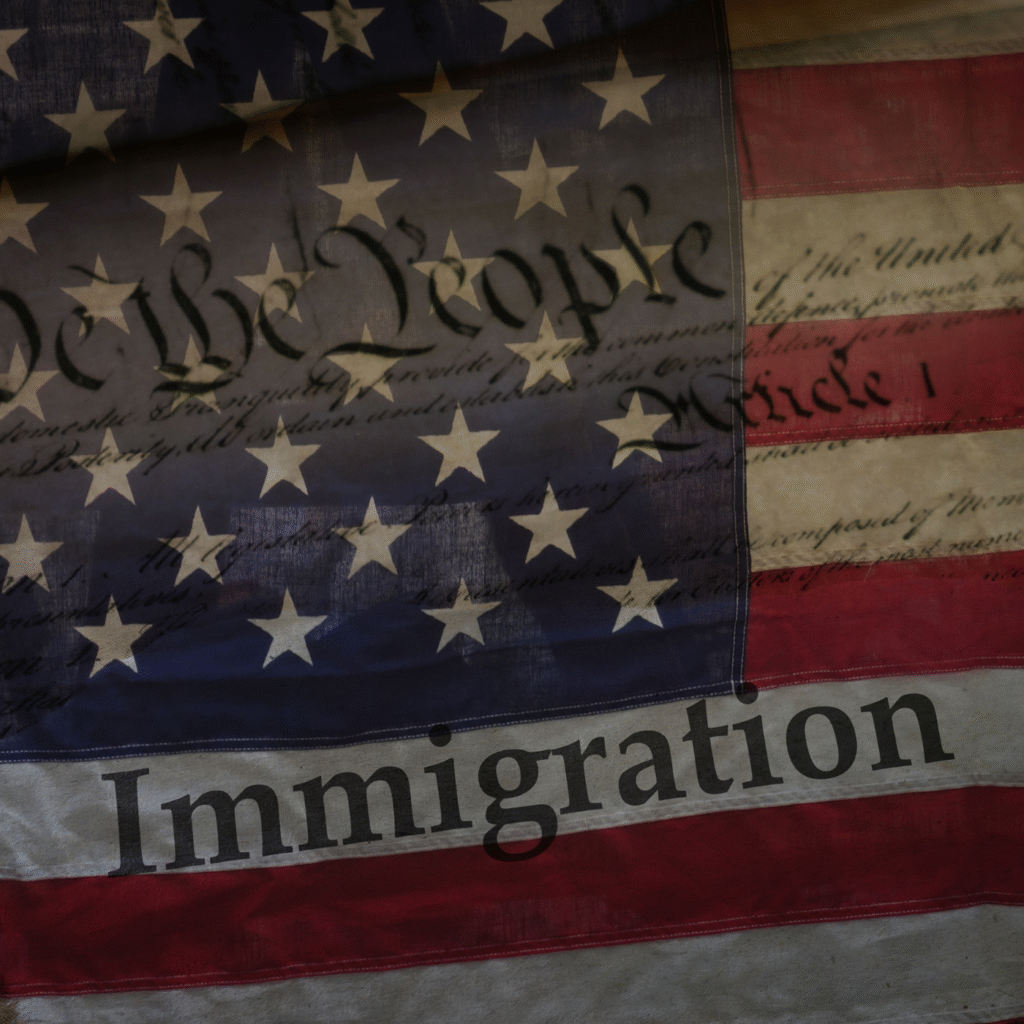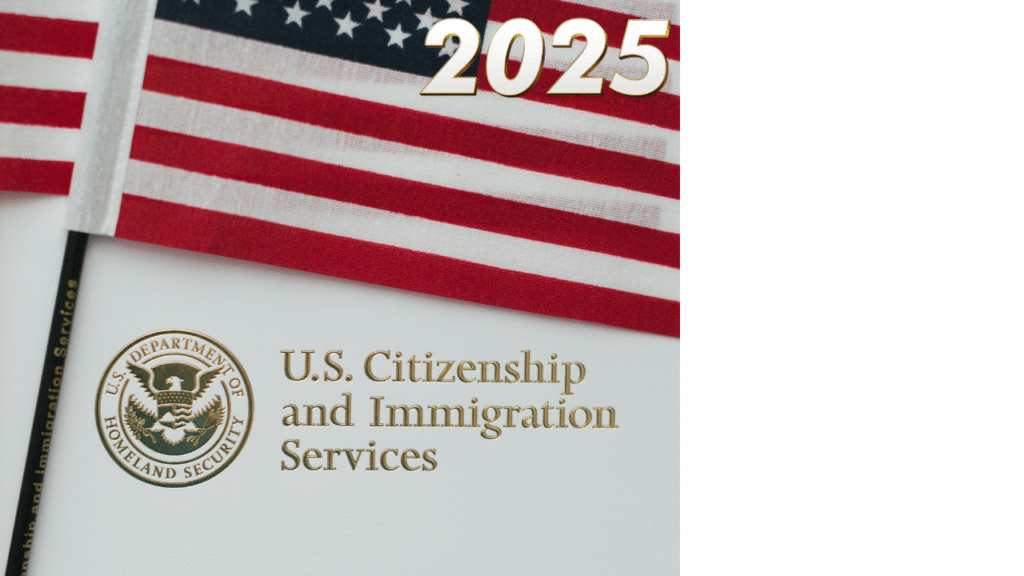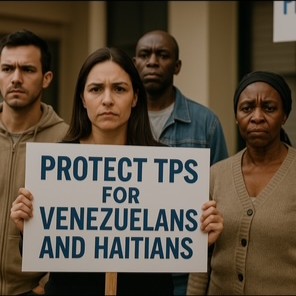3 RECENT CHANGES TO U.S. CITIZENSHIP AND IMMIGRATION SERVICES (USCIS) YOU NEED TO KNOW ABOUT TODAY
If you have an immigration case in progress or are planning to start one, staying up to date is absolutely essential. The U.S. regulatory environment has changed significantly recently, and understanding these changes can make all the difference in the success of your case. 1. EXPANDED SCREENING FOR “ANTI-AMERICANISM” USCIS has updated its guidelines to expressly include the analysis of ideologies or associations considered “anti-American” or anti-Semitic in applications for immigration benefits. This means that applications for green cards, work permits, change of status, naturalization, etc., can now be evaluated based on whether the applicant has been seen as someone who “supports, promotes, or advocates ideologies contrary to American values.” In addition, there is an expansion of social media screening to include this analysis of anti-American activity or stance as a negative factor in discretionary decision-making. Practical implication: any public content or involvement with groups considered problematic may negatively affect the application, even if there is no direct illegality. 2. MORE STRINGENT “GOOD MORAL CHARACTER” CRITERIA For those seeking naturalization, the requirement of good moral character has always been an essential part of the process. But now USCIS has adopted a more holistic approach; it is not enough to simply have no convictions or serious offenses. The agency requires a thorough analysis of all aspects of the applicant’s life. This includes positive factors (community involvement, family responsibilities, stable employment, compliance with tax obligations, length of legal residence, education, etc.) that can strengthen the case. On the other hand, behaviors that previously might have gone unnoticed, even if technically legal, can now be considered negative behaviors (frequent minor traffic violations, behaviors considered “socially questionable,” etc.). Tip for applicants: it is important to gather robust documentation that demonstrates your positive contributions (letters of recommendation, proof of volunteer activities, professional stability, letters of reference from employers or community members). 3. CONTINUOUS REVIEW OF APPROXIMATELY 55 MILLION VISAS Recently, the U.S. government announced that it will resume or strengthen ongoing verification of all valid visa holders—approximately 55 million people currently in the U.S. or abroad who hold temporary visas or other types of authorization. This means that these visa holders may be reevaluated even after the visa has been granted, and checks may consider criminal history, compliance with visa conditions, social media activity, and even electronic devices at the time of the interview or verification. If inconsistencies or evidence of violation are found, the visa may be revoked and, if in the U.S., the person may be subject to deportation proceedings. What this means for those already in the US: even those who already have a visa must maintain their status in compliance and be aware that they are subject to ongoing monitoring. CONCLUSION: WHY DOES THIS MATTER TO YOU? Immigration is a journey full of challenges and bureaucratic requirements. These new guidelines show that the process is becoming more sensitive and comprehensive. Therefore, those who stay informed, prepared, and well advised will have an advantage. Do you need assistance with your process? At US Legal Now, we help you understand and prepare for each step of your immigration journey with confidence, clarity, and full support in Portuguese. Contact us and find out how we can simplify your process and make your plan for life in the United States a reality. Disclaimer: This is not legal advice. We are not attorneys and do not provide legal representation. We offer administrative assistance and document support based on publicly available information. For legal advice, please consult a licensed attorney.



